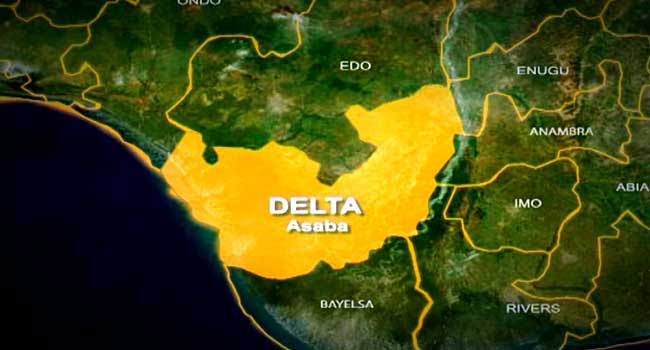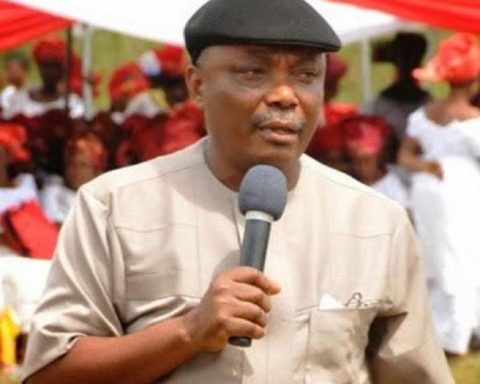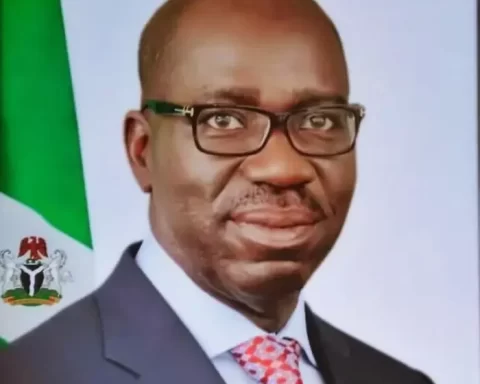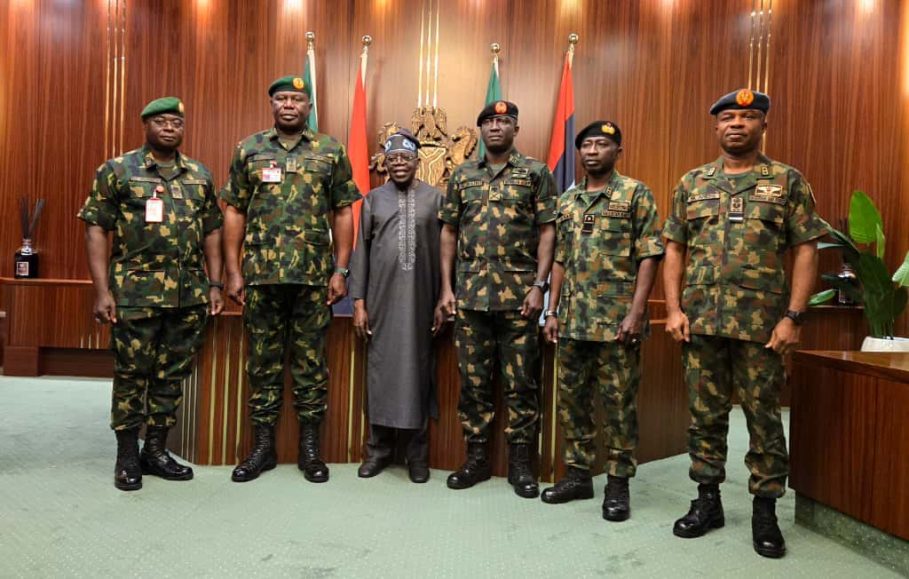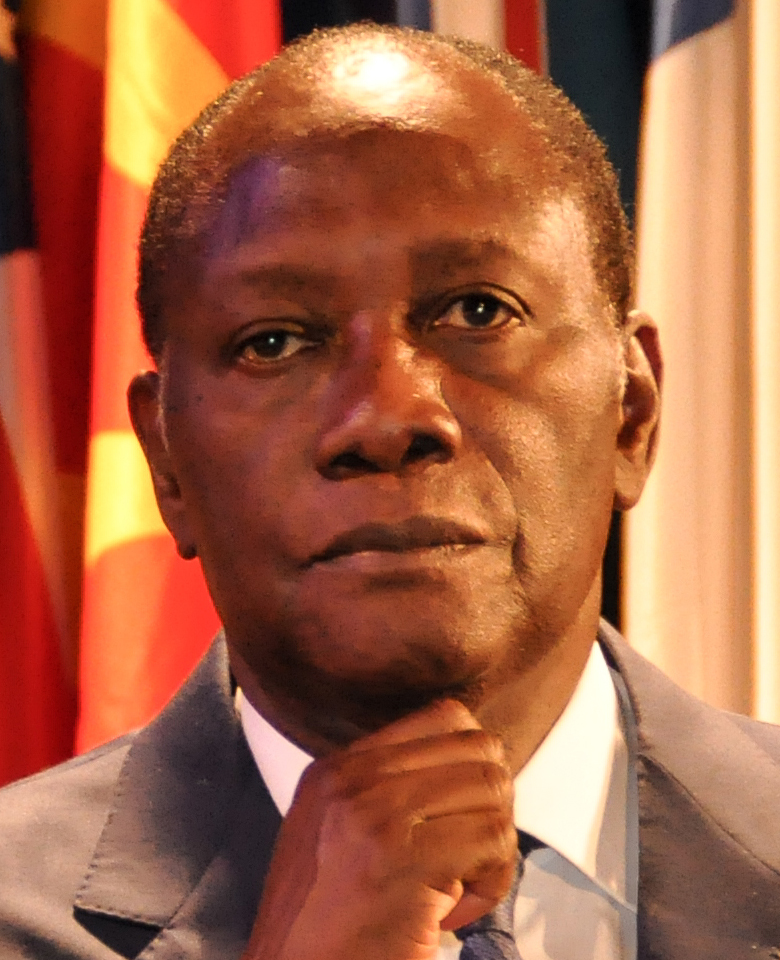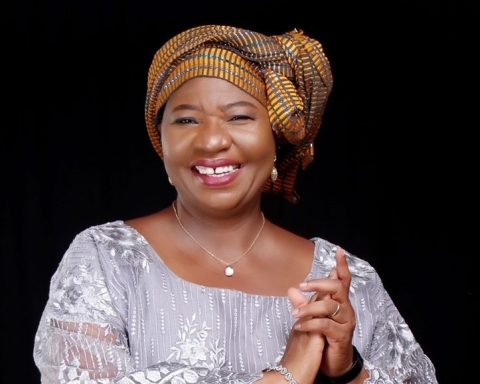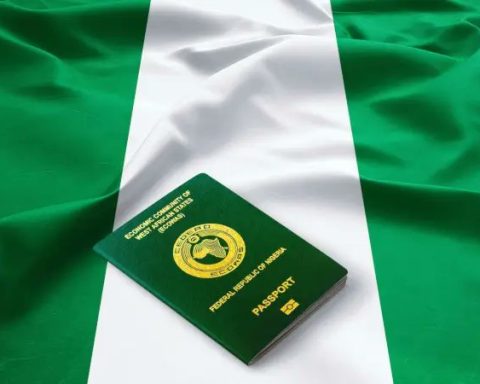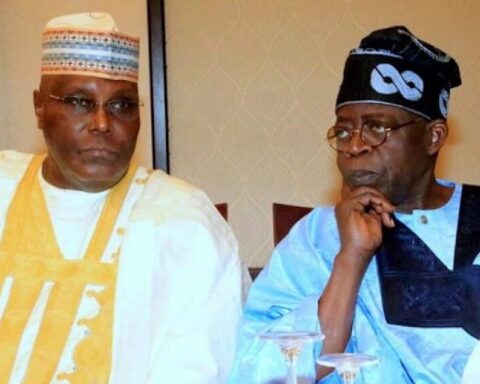The Ndokwa Association in America (NAIA) has called on the Federal Government and the Delta State Government to take immediate steps to ensure that electricity generated from the Okpai Independent Power Plant (IPP) is stepped down to serve communities across Ndokwa nation.
The call was contained in a communiqué issued at the end of the association’s 2025 Biennial National Convention held in Bloomington, Minnesota, USA.
The group lamented what it described as years of neglect and marginalization of Ndokwa people, despite their significant contributions to Nigeria’s oil and gas production and power generation.
Join our WhatsApp ChannelAccording to the communiqué, Ndokwa communities across Ndokwa West, Ndokwa East, and Ukwuani Local Government Areas continue to suffer from “a lack of basic social amenities such as electricity, potable water, functioning healthcare facilities, good schools, and accessible roads,” while poverty and youth unemployment remain widespread.
The association condemned the reported hostile response of government authorities to the recent peaceful protest by Ndokwa youths in Kwale, who demanded electricity supply from the Okpai power plant.
READ ALSO : Anambra Govt Sets Up Committee For Onitsha Fruits, Vegetables Dealers Market Association
Shareholder Associations Support Nigerian Breweries’ Rights Issue, Ask Nigerians To Take Advantage
“The Delta State Government and the Ndokwa local governments’ hostile response reflects a long history of neglect and marginalization of Ndokwaland by successive Nigerian governments, even though Ndokwa contributes a significant portion of Nigeria’s oil and gas wealth and about 450 megawatts of electricity to the national grid from the Okpai IPP,” the communiqué stated.
The NAIA described it as ironic that a region contributing heavily to the national economy remains in darkness and that its qualified indigenes are largely excluded from employment opportunities in Nigeria’s oil and gas sector.
“We continue to be good host communities to both local and multinational oil and gas facilities, but what do we get in return but environmental degradation, unemployment, poverty, and disease,” the association said.
Signed by its national executives and chapter leaders, including Mr. Enefazu Otuya (President), Prof. Sunday Enubuzor (National Secretary), Mrs. Eunice Pen-Ogbolu (Public Relations Officer), and others, the communiqué outlined four major demands:
- Immediate power supply: The Federal and Delta State Governments should ensure that electricity generated from Okpai IPP is distributed to all Ndokwa communities without further delay.
- Provision of clean water: The Delta Government should prioritize access to potable water across Ndokwa, describing it as a basic public health necessity.
- Functional healthcare: The association urged the state government to establish and equip hospitals and community health centres in Ndokwa, warning that the absence of such facilities has led to “preventable deaths and misery.”
- Community solidarity: NAIA called on all Ndokwa sons, daughters, and organizations to unite and work toward realizing these demands.
The group also expressed willingness to collaborate with relevant government agencies and stakeholders to address the infrastructural and developmental challenges facing Ndokwa nation.
“We are ready to work, engage, and cooperate with any group or government body committed to uplifting Ndokwaland,” the communiqué added.
The association’s renewed appeal underscores a deepening frustration among Ndokwa indigenes who, despite hosting major oil and power installations, remain excluded from the dividends of development a gap that continues to fuel agitation for fair resource allocation and infrastructural equity in Delta State.
Amanze Chinonye is a Staff Correspondent at Prime Business Africa, a rising star in the literary world, weaving captivating stories that transport readers to the vibrant landscapes of Nigeria and the rest of Africa. With a unique voice that blends with the newspaper's tradition and style, Chinonye's writing is a masterful exploration of the human condition, delving into themes of identity, culture, and social justice. Through her words, Chinonye paints vivid portraits of everyday African life, from the bustling markets of Nigeria's Lagos to the quiet villages of South Africa's countryside . With a keen eye for detail and a deep understanding of the complexities of Nigerian society, Chinonye's writing is both a testament to the country's rich cultural heritage and a powerful call to action for a brighter future. As a writer, Chinonye is a true storyteller, using her dexterity to educate, inspire, and uplift readers around the world.


